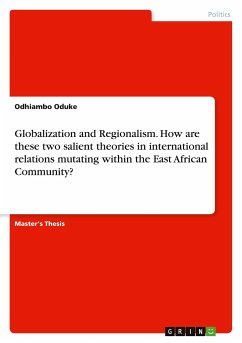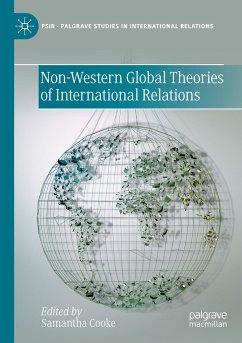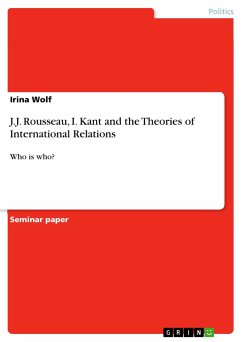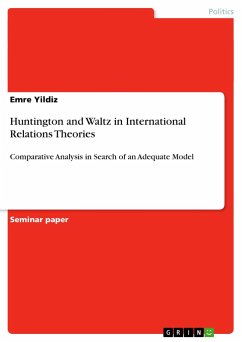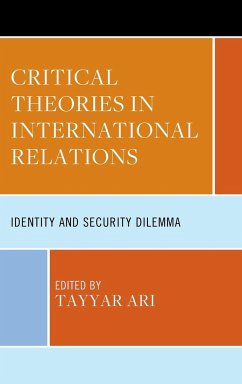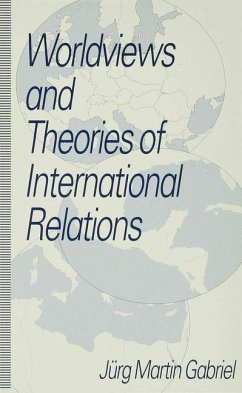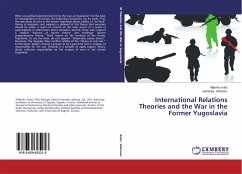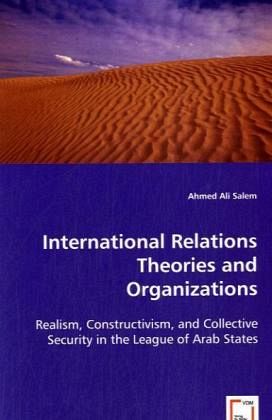
International Relations Theories and Organizations
Realism, Constructivism, and Collective Security in the League of Arab States
Versandkostenfrei!
Versandfertig in 6-10 Tagen
52,99 €
inkl. MwSt.

PAYBACK Punkte
26 °P sammeln!
Realism and constructivism are international relations paradigms that define different necessary conditions for international organizations to act. While realists argue that international organization actions are mere reflections of the imperatives of global and regional balances of power, constructivists contend that these actions reflect not only power politics but norms and identity politics as well. Non-state-centric constructivists further argue that international organizations act as consensual communities and bureaucracies. I develop a set of four realist and four non-state- centric con...
Realism and constructivism are international relations paradigms that define different necessary conditions for international organizations to act. While realists argue that international organization actions are mere reflections of the imperatives of global and regional balances of power, constructivists contend that these actions reflect not only power politics but norms and identity politics as well. Non-state-centric constructivists further argue that international organizations act as consensual communities and bureaucracies. I develop a set of four realist and four non-state- centric constructivist hypotheses as applied to international organizations, and test them in the collective security actions of the Arab League, using the Arab League?s responses to the Iraq-Kuwait crises in 1961 and 1990 as case studies, and examining, among other sources, Arab League documents previously used by very few researchers. The results should interest students of international relations theories and organizations, Middle East and inter-Arab politics; and foreign policy makers and international organizations bureaucrats, especially those interested in inter-Arab politics and the Arab League.



